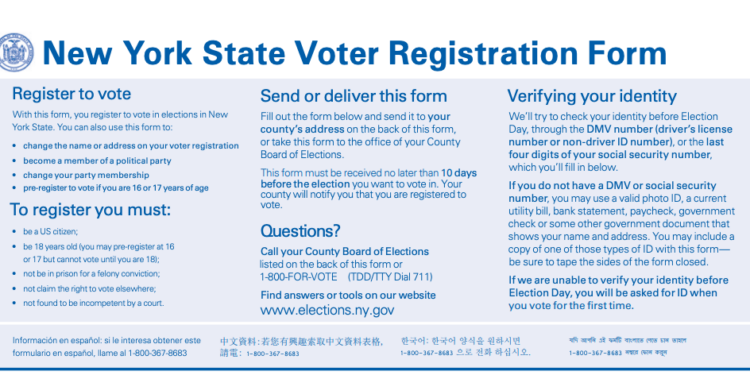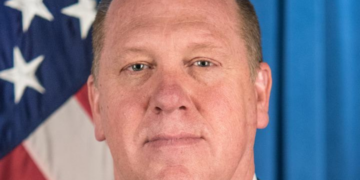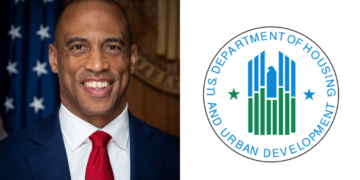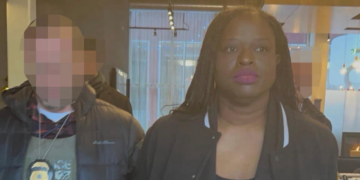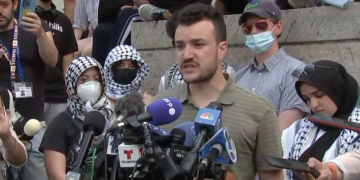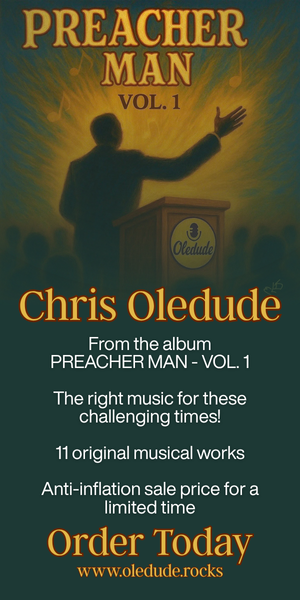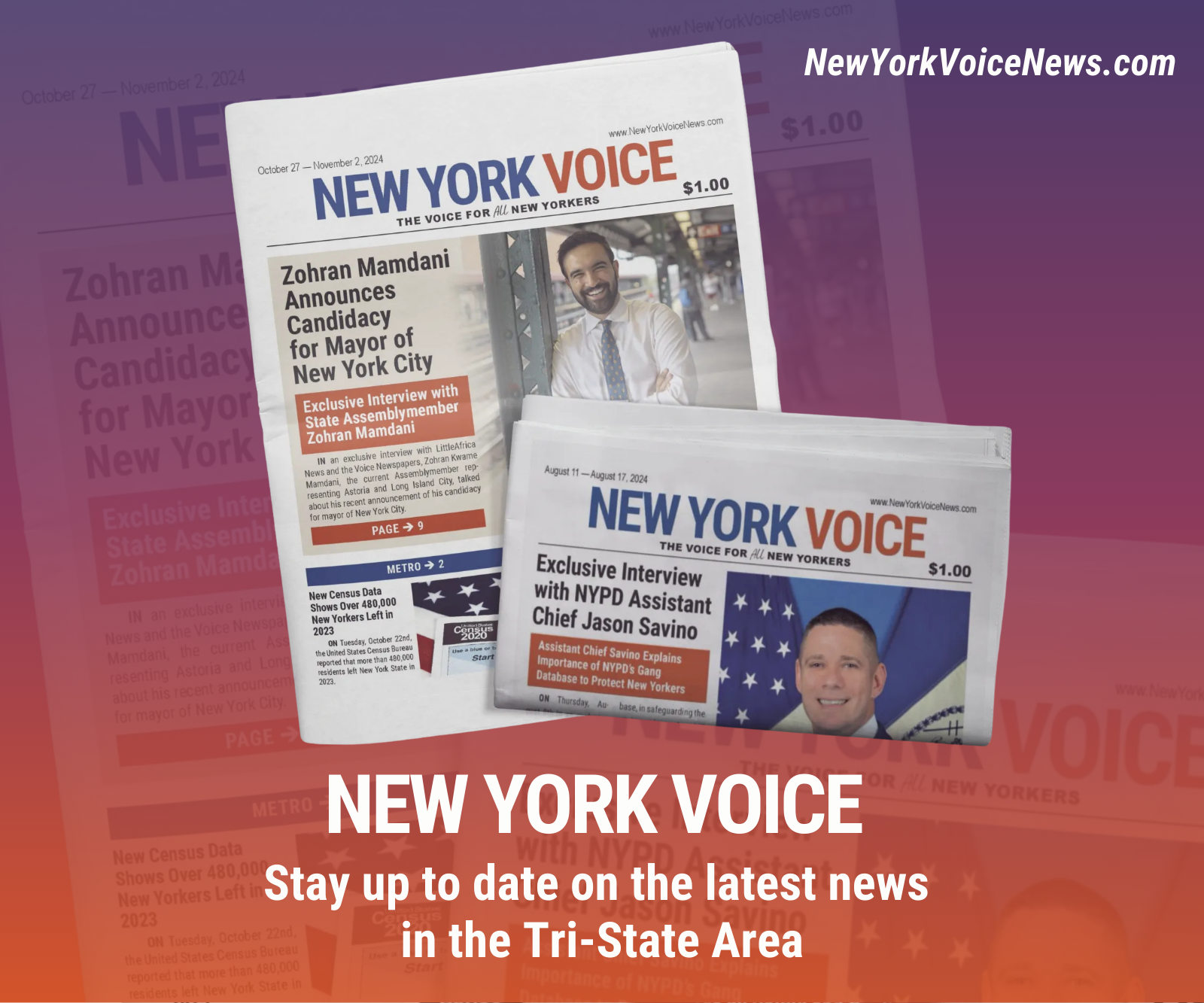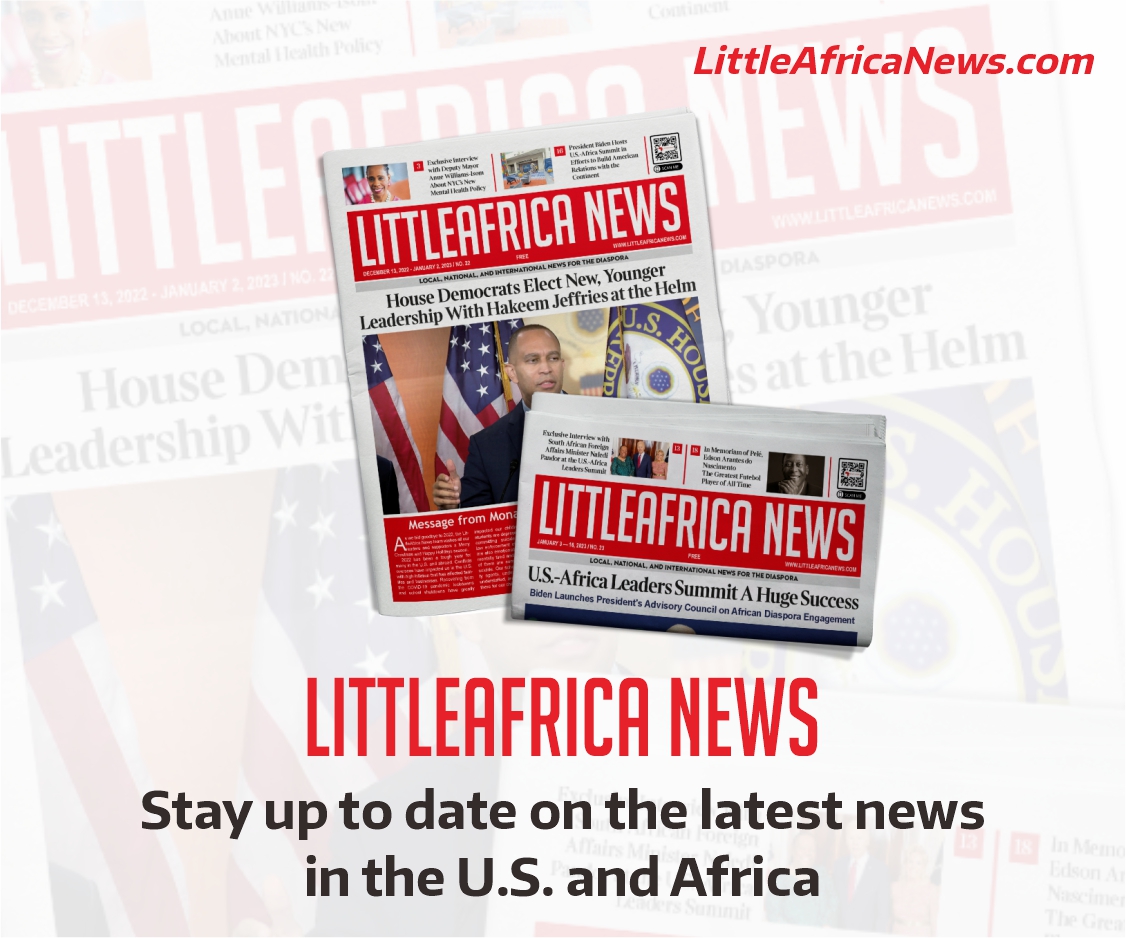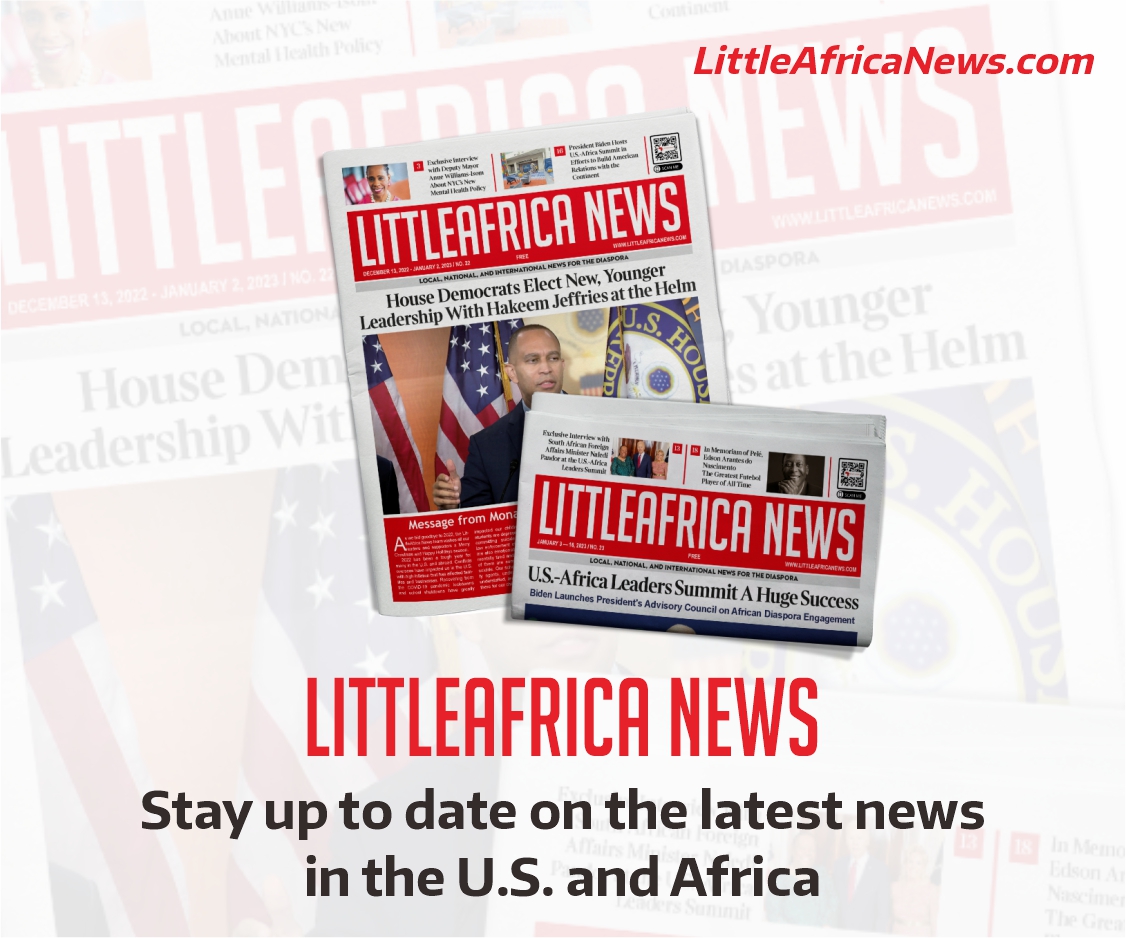President Donald Trump signed a sweeping executive order today imposing new federal election requirements, including proof of U.S. citizenship for voter registration and a strict Election Day ballot receipt deadline. The directive instructs federal agencies to enforce existing laws more rigorously and directs states to comply or risk the loss of federal election funding. The order is positioned by the administration as a response to what it views as widespread vulnerabilities and inconsistencies in the U.S. voting system.
The order states that the U.S. has “not adequately enforced Federal election requirements that, for example, prohibit States from counting ballots received after Election Day or prohibit non-citizens from registering to vote.” Announced during a signing event at the White House, Trump said, “Election fraud. You’ve heard the term. We’ll end it, hopefully. At least, this will go a long way toward ending it.” He added, “We got to straighten out our election.” The order’s provisions apply nationwide and directly challenge long-standing practices in mail-in voting and registration processes.
Key components of the order include requiring documentary proof of citizenship—such as a U.S. passport or REAL ID-compliant documents—to register to vote in federal elections. It also empowers the Department of Justice and Department of Homeland Security to access state voter rolls and issue subpoenas to ensure compliance. The order instructs federal agencies to assist states with verifying voter eligibility and requires the Election Assistance Commission to amend its national voter registration form accordingly. Information from the U.S. Election Assistance Commission outlines how federal forms are managed and distributed.
The directive immediately drew criticism from legal scholars and civil rights advocates. UCLA Law Professor Rick Hasen said, “Even putting aside the substance, there’s a huge question about whether Trump can direct the EAC to do anything. I think the answer is no.” Similarly, election law expert Justin Levitt stated, “The vast majority of what it does is not lawful,” and added, “I don’t think there will be three votes to execute what the president has purported to require.”
Trump’s order includes enforcement provisions that require ballots to be received—not just postmarked—by the close of polls on Election Day. This measure conflicts with laws in several states that currently accept ballots after Election Day if postmarked on time. The order states, “This is like allowing persons who arrive 3 days after Election Day, perhaps after a winner has been declared, to vote in person at a former voting precinct, which would be absurd.” Critics warn this change may disproportionately impact voters relying on mail-in options.
The legal authority for the executive order is likely to be challenged. Voting rights attorney Danielle Lang described the move as “lawless,” asserting that it “asserts all sorts of executive authority that he most assuredly does not have.” Trump, however, defended the directive as a necessary measure to restore trust in U.S. elections, stating, “Perhaps some people think I shouldn’t be complaining because we won in a landslide, but we got to straighten out our election.” The administration also indicated that more actions regarding the electoral system may follow in the coming weeks.




